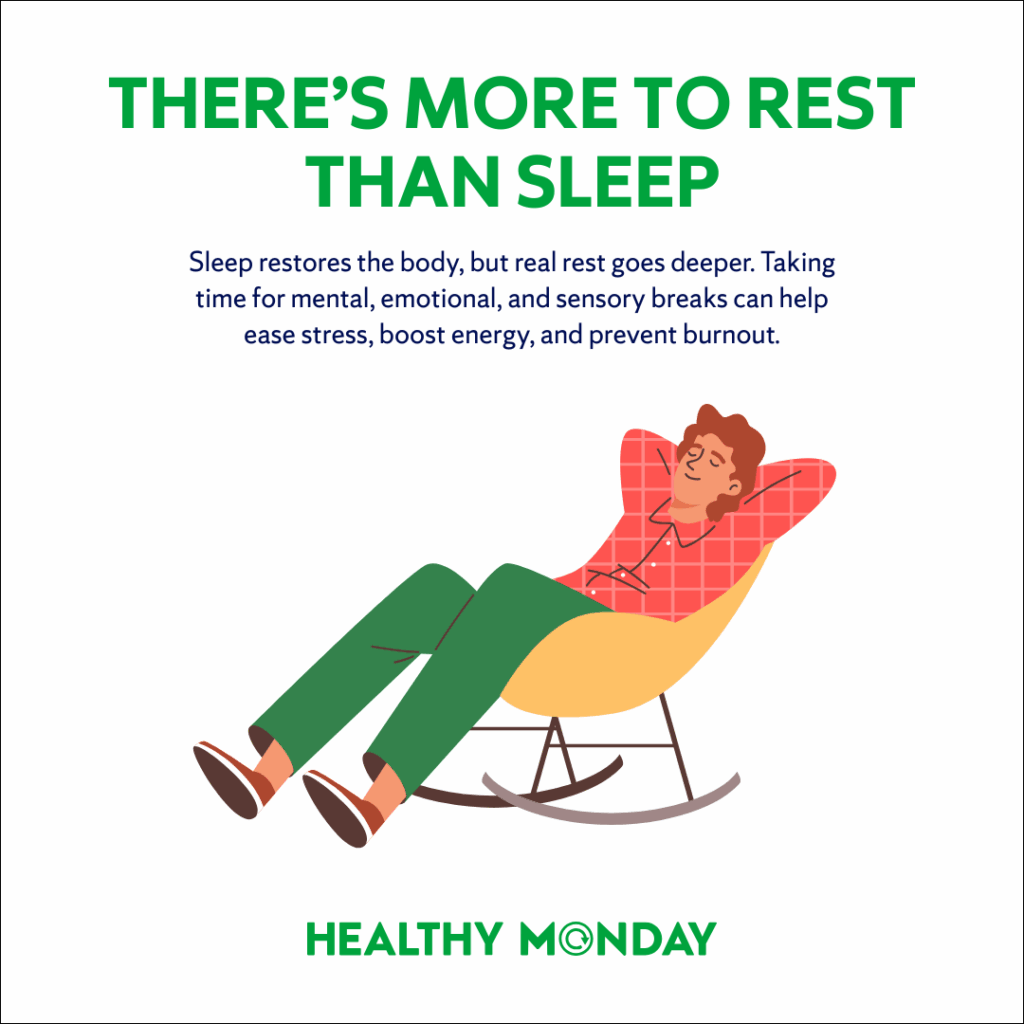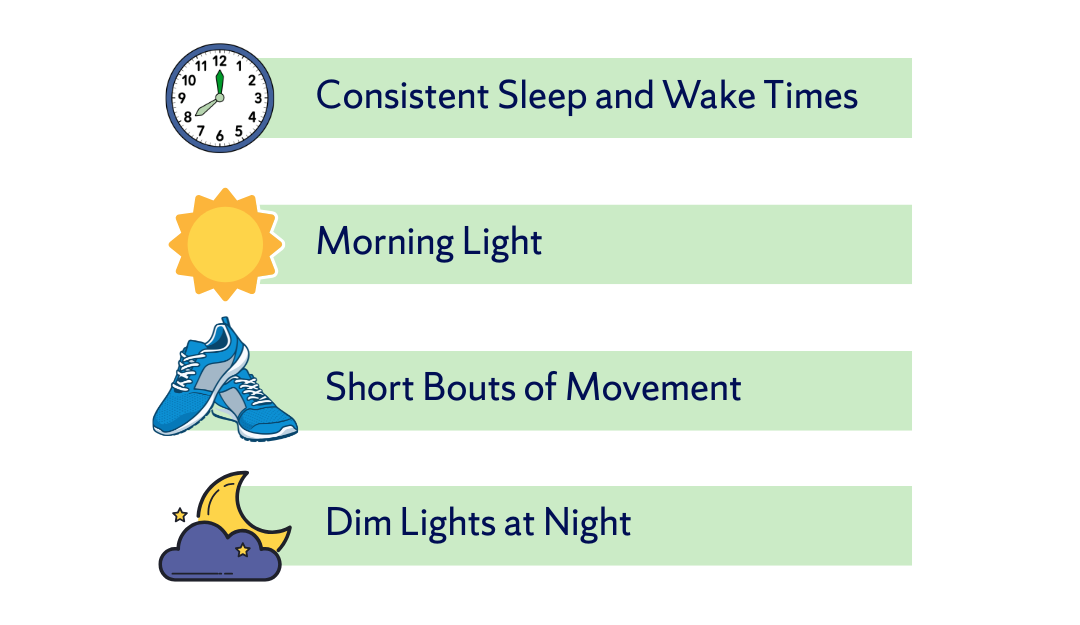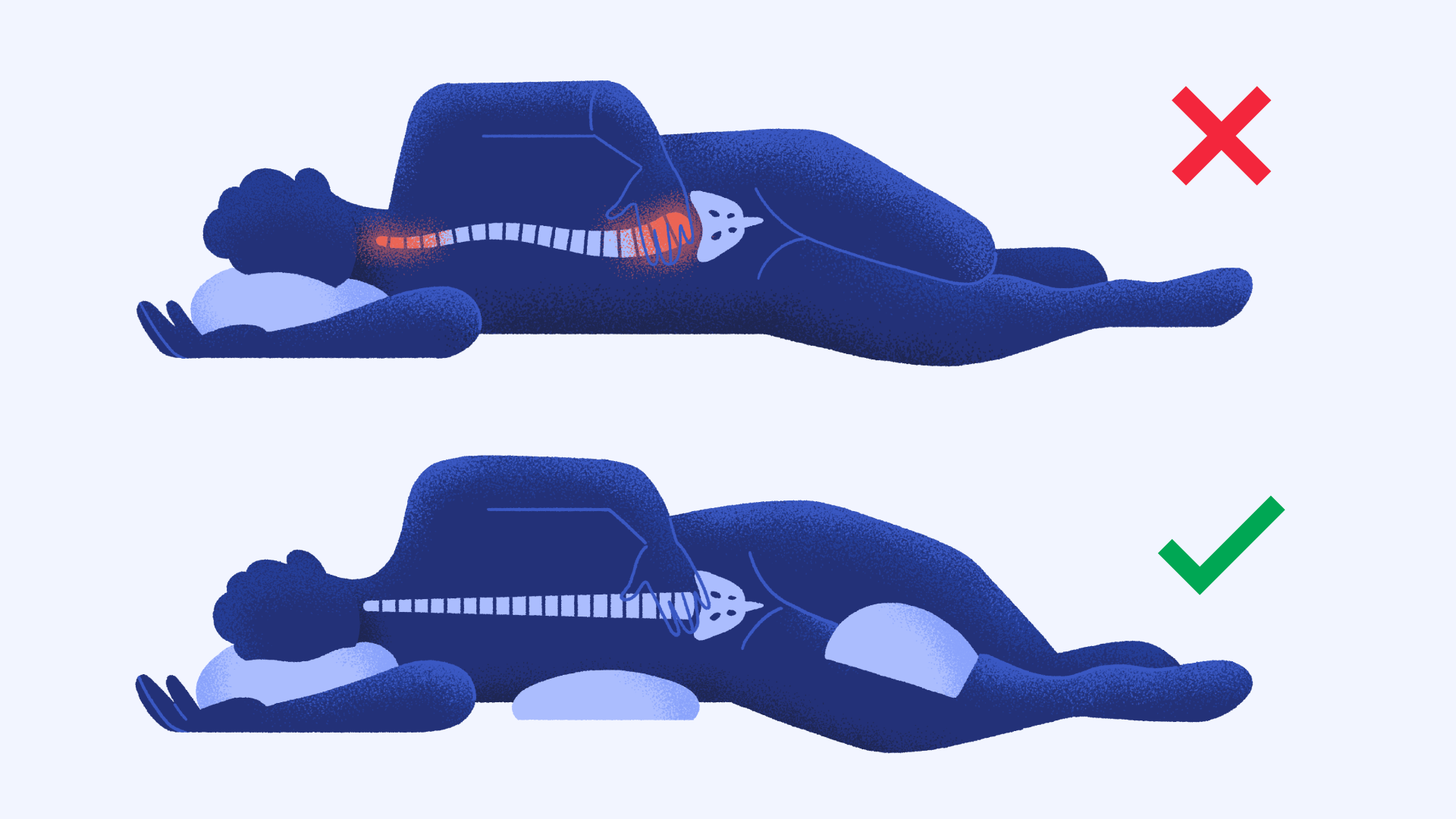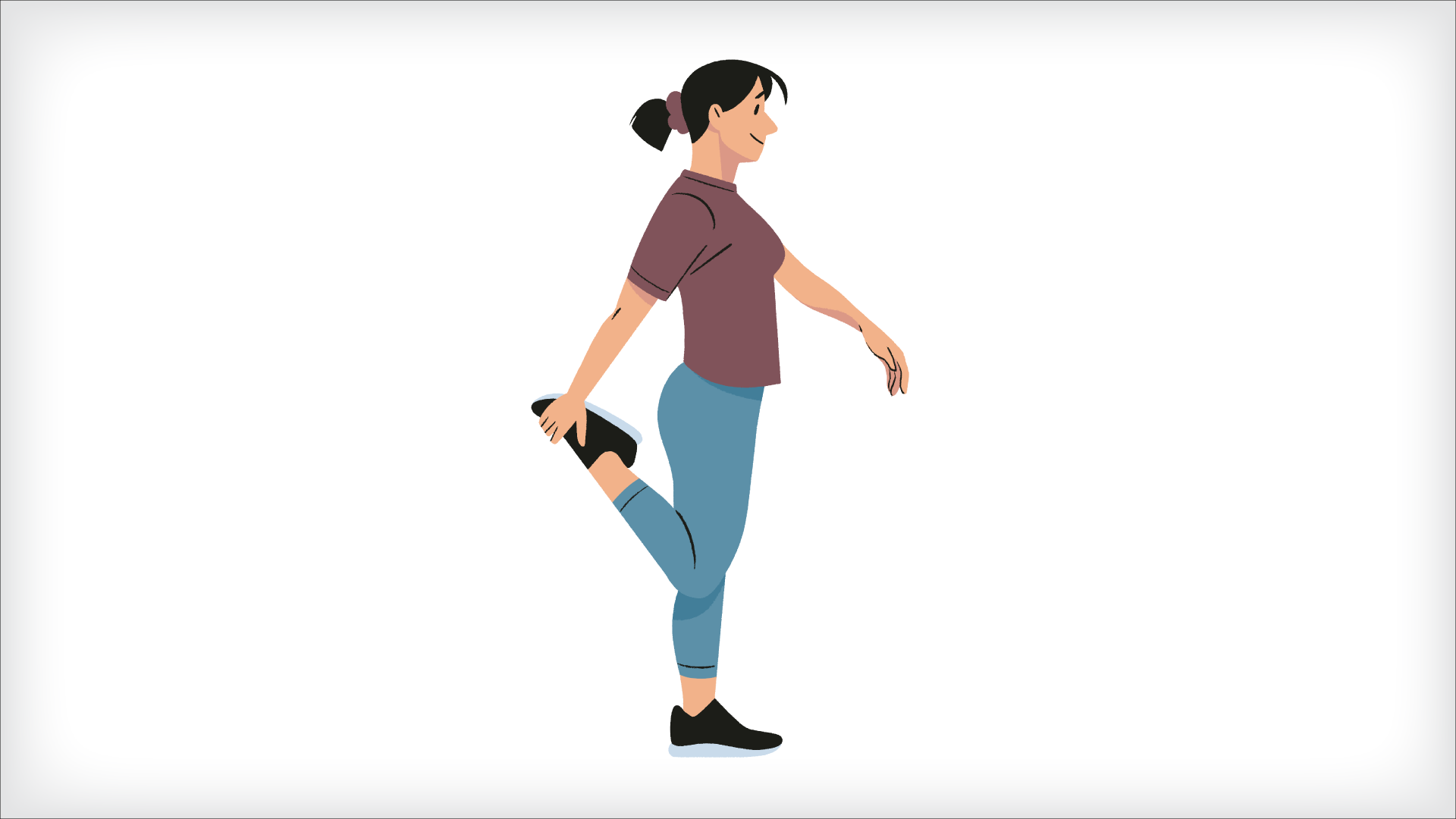Relax and Restore with Seven Types of Rest

Feeling drained can be a sign that your body and mind need more than just sleep. Many of us are juggling busy schedules, screens, and daily stress, all of which make it hard to truly recharge. Finding simple ways to restore your energy throughout the day can help improve focus, mood, and overall well-being.
According to internal medicine physician and rest expert Dr. Saundra Dalton-Smith, there are seven different types of rest that can help us feel truly refreshed. “Sleep,” she explains, “is only one part of the big picture.” Adequate rest supports both physical and mental health, helping improve focus, mood, and immune function, while protecting against fatigue and burnout.
Developed through her clinical experience, Dr. Dalton-Smith’s framework offers a simple way to recognize which kind of tired you really are and how to restore your energy in a way that works for you. This Monday, take a look at each type below and see which type of rest might be missing from your routine.
Physical Rest
Physical rest allows your body to relax and recover from the demands of daily life. Getting quality sleep is one part, but rest can also mean stretching gently, moving mindfully, or giving your muscles time to recover.
Try: getting enough sleep each night, taking short naps during the day, doing yoga or light stretching, or practicing progressive muscle relaxation to release tension.
Mental Rest
When your mind feels cluttered or restless, mental rest helps quiet racing thoughts and allows your brain to take a break. Studies show that resting our minds can reduce stress, restore cognitive energy, and improve focus throughout the day.
Try: scheduling quick breaks throughout the day, journaling to unload thoughts, practicing deep breathing, or taking up a calming hobby.
Sensory Rest
If constant screens, sounds, and notifications leave you feeling overstimulated, sensory rest helps your five senses unwind. Emerging research shows that reducing sensory overload can ease anxiety and increase feelings of serenity. Taking intentional breaks from light, sound, and screens can help you reset and feel more at ease.
Try: turning off your devices for a few minutes, closing your eyes during the day, or driving home without music.
Creative Rest
Creative rest invites you to take a step back from problem-solving and brainstorming and instead let yourself reconnect to the beauty and awe around you. Leaning into downtime and giving your mind time to wander—especially in nature or around art—can spark new ideas and boost your mood.
Try: going for a walk outdoors, visiting a museum, listening to music, or watching a performance that inspires you.
Emotional Rest
Emotional rest gives you space to feel and express your emotions freely in a world where we’re often expected to “hold it together.” It’s about being honest with yourself and others, allowing room for your feelings instead of pushing them aside. Emotional rest also means noticing how the moods and energy of others affect you, and setting boundaries that help protect your own emotional well-being.
Try: talking with a trusted friend or therapist, writing about your feelings, or limiting time with people who leave you feeling drained.
Social Rest
Social rest is about finding balance between connection and solitude. Supportive relationships can recharge you, while too much social activity or the wrong kind can leave you feeling depleted.
Try: spending a quiet evening alone, saying no to plans that feel overwhelming, checking in with a friend who leaves you feeling positive and supported, or taking a short break from social media.
Spiritual Rest
Spiritual rest helps you feel connected to something larger than yourself—a sense of peace, purpose, or belonging. Taking time for reflection, gratitude, or connection with nature helps many people feel more centered and restored.
Try: meditating, praying, practicing gratitude, or going for a mindful walk.
Finding Your Balance
Each of us needs rest in different ways. Some people recharge in a crowd, while others find peace in solitude. The key is noticing which types of rest leave you feeling renewed and bringing more of those into your week.
This Monday, take a moment to reflect on where you might be running low. Even small changes, such as closing your eyes for a minute, stepping outside, or saying no to one extra commitment, can help restore your energy.


